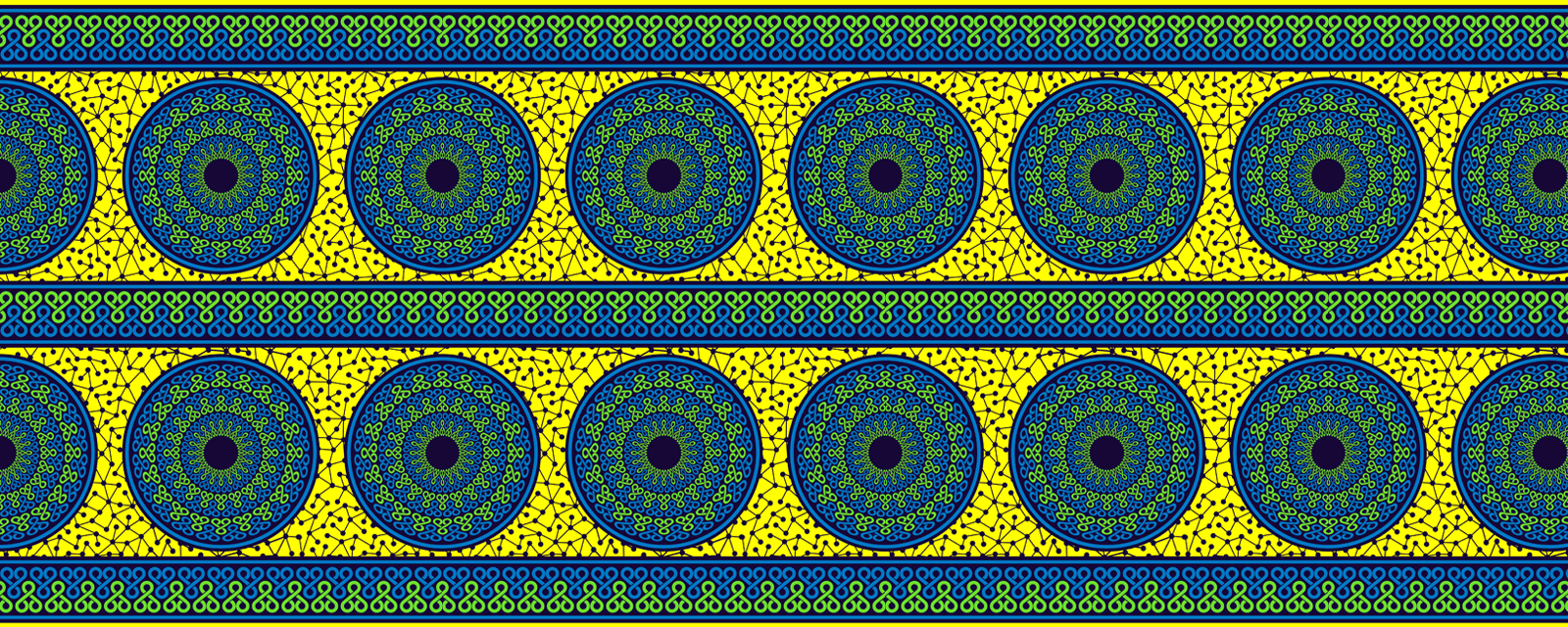Another Swahili song discovered c1905 by the scholar Muhammed Kijuma (1855–1945) in an old collection of marriage songs. It begins by seeming to mock the poor man, but quickly shifts to sympathising with him.
If you are viewing this poem on a large screen you will be able to read the Swahili alongside the English translation. Note that in the Swahili the first three lines of each stanza rhyme, while the concluding lines rhyme throughout the poem.
Mkata haisi
kula na mkwasi,
achanza kula swi
hulia kitwani.
Mkata kamwite,
aje tule sute;
aje ale mate
ni mwawi chanoni.
Mkata ha haya.
Akitwa yuwaya
na damu za tawa
zijele nyaami.
Uso wa mkata
u matita-tita
kwa ndaa na nyota
iliyo moyoni.
Ukata si umbe
kupata kiumbe.
Humtenda ngombe
akalishwa yani.
Ukata si kitu;
upatapo mtu,
akiwa sharifu
hana buruhani.
A poor man doesn’t know
how to eat with a rich man.
When he eats fish
he begins with the head.
If you invite a poor man
he comes without manners:
He comes licking his lips
upsetting the platter in eagerness.
The poor man has no reserves.
If invited, he comes in a hurry
with the blood of his lice
dirtying his fingernails.
The face of the poor man
is haggard, and furrowed
with the hunger and thirst
that are in his vitals.
Poverty is no state
for a mortal man.
It turns him into a beast
fit for feeding on grass.
Poverty is no right thing
when it falls to a man’s lot,
though he be noble-born
he has no success.
from “Popular Verse of the Swahili Tradition”,
Lyndon Harries,
Africa 22 (1952).

